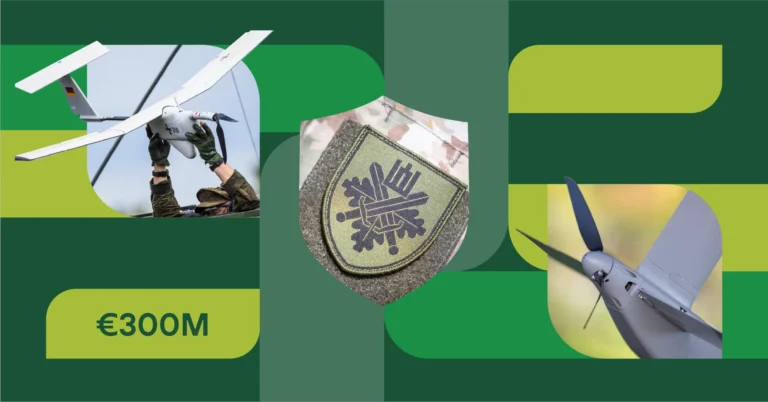Danspin, a Danish-owned yarn producer, has announced expanding its capacity in Raseiniai, Lithuania. The company plans to add more than 60 employees in the next three years, with most working in production and managing the intricate spinning and carding machines. UAB Danspin is owned by the Danish company Danspin A / S, which has three main divisions. The branch in Denmark has a production laboratory, marketing department, and administration. The second division in Estonia operates a dyeing plant, where the spun yarn is further processed, and the Lithuanian division in Raseiniai is the primary production site for the company’s specialised carpet yarns.
The company’s process of yarn production relies not only on advanced machinery but also on skilled specialists. Today, the yarn factory in Raseiniai has 460 employees, the majority of which were from the city and surrounding district and approximately 65 per cent of which were women.
The factory uses over 50 tons of wool blend per day. The pre-washed raw material mainly comes from New Zealand, but wool from England, Spain, Greece, Iceland, Saudi Arabia and Asia is also used. As the company specialises in the niche carpet weaving market, its customers are large international companies from the United States, the United Kingdom and other European countries like Belgium, Holand, and Denmark. The yarn woven at Danspin is used specifically in carpet making because this fibre must be coarser and thicker than that used in clothing production. These yarns are most commonly used in carpets for aviation, cruise ships, hotels, offices and homes.
In order to turn wool into extremely high-quality carpet yarn, more than 80 million euros have been invested in the factory in Raseiniai. The production process takes place in a continuous cycle in three shifts, seven days a week. The company now operates at full capacity with quadruple carding and spinning production lines compared to 20 years ago. Today, it is one of the strongest producers of yarn in Europe and in the world.
This manufacturing plant was built in the Raseiniai district on former farmland, and there were few people with the training necessary in the local market at that time. The Raseiniai Labour Exchange helped prepare the company’s future employees with courses for spinners and carders partly financed from the Labour Market Employment Fund.
According to Rosvaldas Kunickas, Director of UAB Danspin, in order to retain employees, the company has developed a points-based motivation system, common in Nordic business culture, and adheres to Lean Manufacturing principles.













